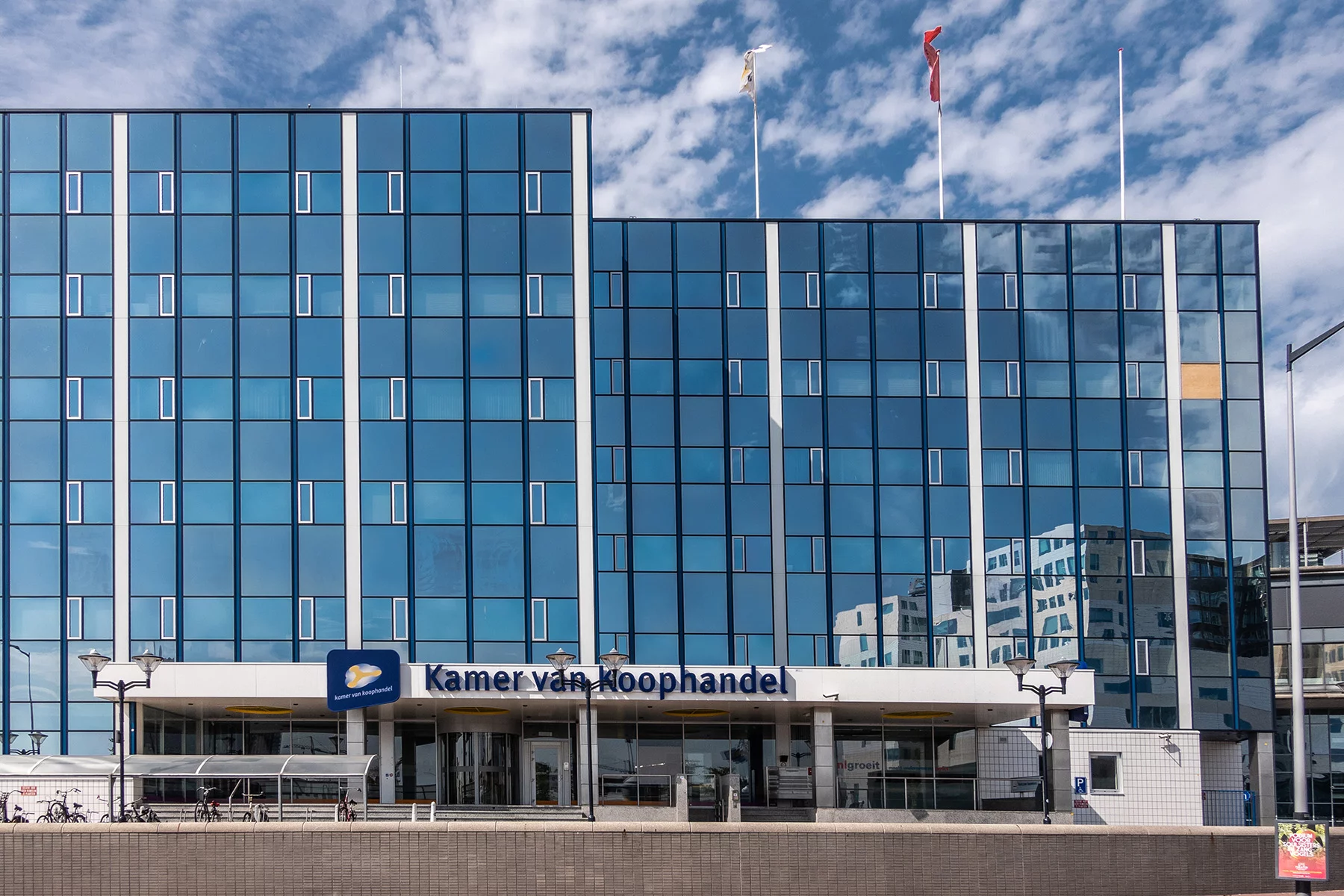Expats living in the Netherlands can benefit from the 30% ruling if they’re working for a Dutch employer. What isn’t so commonly known is that the 30% ruling can also apply under certain conditions to freelancers starting a business.
This guide explains the loophole that may allow you to benefit from the 30% ruling – or keep it – by starting your own business:
HBK Tax Advisors, Accountants, Tax Consultants
Thinking of starting a business in the Netherlands? HBK’s dedicated team of accountants, tax advisors, and consultants can help. With great enthusiasm and a personal approach, the team can apply their expertise to give you affordable, practical and tax-efficient support. If you’re starting your business journey in the Netherlands, do so with HBK.
What is the 30% ruling for expats?
The 30% tax ruling in the Netherlands is for employees hired from abroad, providing they meet certain salary conditions. If eligible, expat employees can receive 30% of their salary as a tax-free allowance. This allowance is compensation for the costs of relocating and working in the Netherlands. It is available for up to five years.

Although the 30% rule applies to employees rather than freelancers, expat entrepreneurs who want to start their own business in the Netherlands can also benefit from the ruling if they follow the right procedures.
Self-employment and the 30% ruling
Starting your own business is a popular move in the Netherlands, with 16.8% of the working population self-employed. This includes many expat entrepreneurs who have relocated and work freelance or run their own company. But not all expats entering self-employment are aware that, when they sort out their Dutch tax arrangements, they can qualify for the 30% tax ruling.
The 30% ruling is for employees; if you’re a sole trader or in an unincorporated business, you cannot claim it. However, there is a loophole. If you set your business up as a separate legal entity, such as a limited company (BV), you can go on the payroll as an employee of your own company. Legally you will be classified as employed rather than self-employed. As long as the company registers with the Dutch tax office for payroll tax, you’re eligible for the 30% rule.
Moving to the Netherlands to start a business
One of the conditions of the 30% tax ruling in the Netherlands is that you must be recruited from abroad. This means that you can’t just relocate and then set up a business if you want to claim the ruling. You can, however, set up the BV before moving to the Netherlands.
The first step is to register the company with Dutch authorities, at the local Chamber of Commerce (Kamer voor Koophandel, or KVK). Then you can draw yourself a contract and enter into an employment relationship with your own company. The last step is simply relocating as an employee.

As setting up a legal company from abroad can be complex, it’s a good idea to seek professional advice with this.
Foreign companies and the 30% ruling
If you are already operating through your own foreign legal entity company outside the Netherlands, it is also possible to use the loophole. Simply register that foreign company with the Dutch tax office for payroll tax, and apply for the 30%-ruling as an employee of your own foreign company.
Basically, the same conditions apply as if you’d set up a BV. It will then still be possible to structure your business model via a BV at a later stage.
Keeping the 30% ruling if you go from employment to starting a business
The 30% rule applies for a maximum of five years, and continues even if you change jobs in the Netherlands. As long as you still meet the eligibility criteria and sign your new employment contract within three months of leaving your job, you can reapply. This means that you can leave your job to start your own business and still keep the ruling.
As long as the business is a BV, the same rules as above apply. If your BV is set up and you sign your employment contract with it within three months of leaving your job, you’ll have no problem transferring your 30% ruling to your new business. However, please note that the end date of the ruling remains the same, even if you didn’t use it for those three months.
The only situation where it’s not possible to claim the 30% ruling when you’re self-employed is if you start a side business or take on additional freelance work while still in employment. The 30% ruling is only applicable for one employment relationship. Therefore, if you start a second job or do freelance work on the side, you won’t meet the eligibility criteria. You can only claim the ruling on your existing employment.
Tax issues to consider
Before deciding to pursue the 30% ruling option when starting a business, consider the pros and cons. There are huge advantages to the partial non-residency status, as your income out of savings and investments isn’t taxable. But while there are financial benefits, you’ll need to understand the visa requirements, tax obligations, and administrative responsibilities of running a BV.
However, thankfully there are a number of expat-friendly tax advisors in the Netherlands who can help you understand the 30% ruling. These can also help with a number of tax-related issues, offering advice and information in English or other languages. Expat-friendly tax advisors in the Netherlands include:
The website Business.gov.nl provides a list of several Dutch organizations that can provide information for freelancers and self-employed professionals. You can find a list of tax advisors in the Netherlands in our directory.
Useful resources
- Belastingdienst: Advice on the 30% ruling from the Dutch tax office
- KVK: the Dutch Chamber of Commerce









